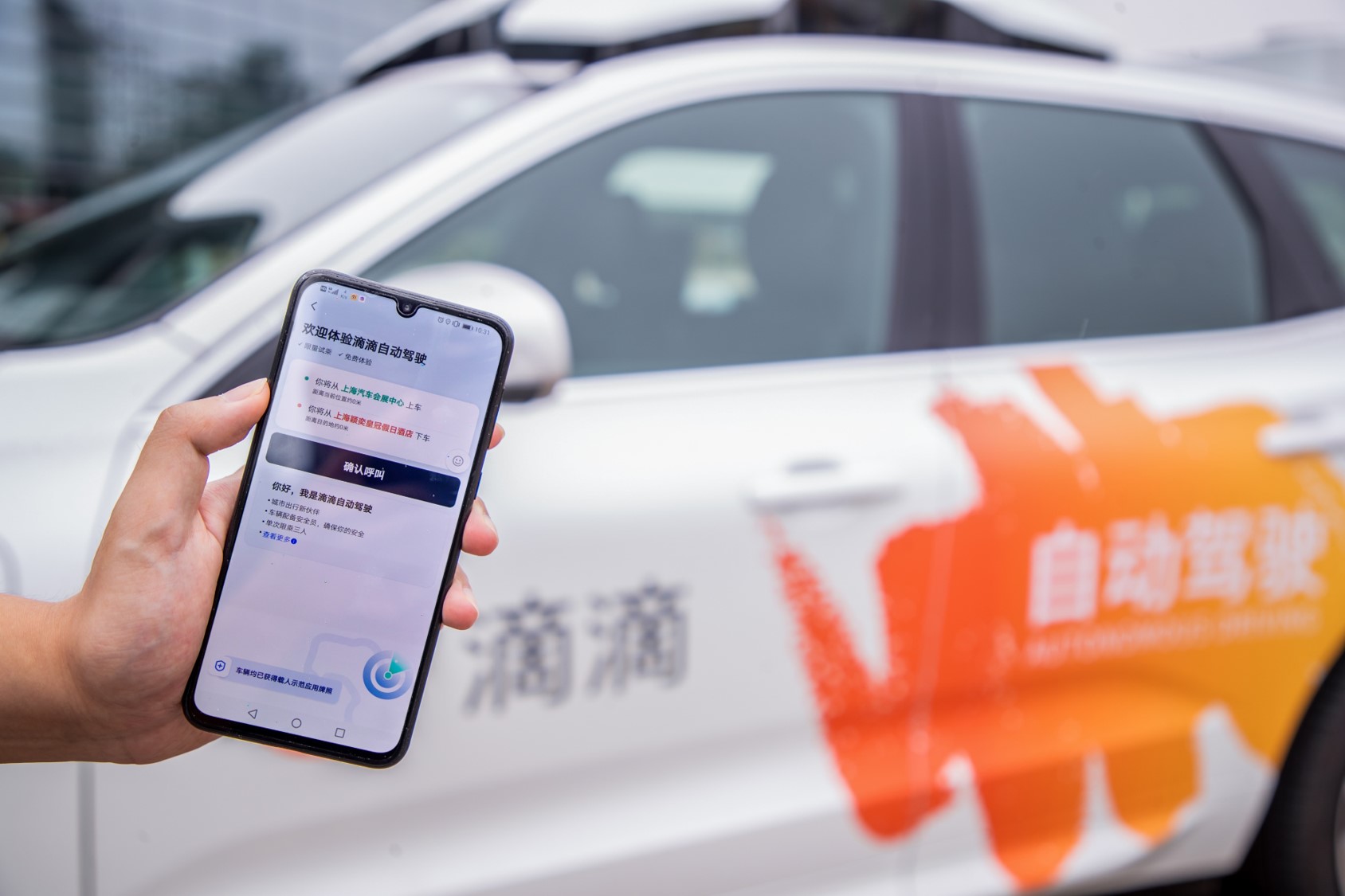After a blockbuster debut on the New York Stock Exchange on June 30, Didi is now under investigation by the Cyberspace Administration of China (CAC). On July 4, the CAC ordered app stores to remove Didi Chuxing, the most popular ride service in the country.
A note previously circulated by CAC’s cybersecurity review office on July 2 cited China’s national security law and cybersecurity law as bases for the investigation into Didi and barred the company from taking on new users. Existing users are still able to use Didi’s services through its app and WeChat mini program.
The investigation appears to be related to Didi’s handling of its users’ data. It comes mere days after Didi raised USD 4.4 billion from US investors after its public debut in New York.
Didi collects users’ telephone numbers, payment information, location data, and travel records to provide its ride services. Drivers also provide additional information like their identity cards for authentication.
Li Min, a VP at Didi, took to Weibo to say Didi stores and retains all Chinese users’ data within China, and that it is “absolutely impossible to share data with the United States.” Li indicated that Didi would take legal action against any entity that creates “malicious rumors” about the company’s actions and operations. It is unclear if Li was referring to specific governmental, corporate, or personal entities in the US, although Didi’s structure does involve an American presence.
In particular, Adrian Perica, Apple’s VP of corporate development, serves as an independent director on the board of Didi. Apple invested USD 1 billion in Didi in May 2016. Perica’s bio on Apple’s website says he joined Apple in 2009. He worked at Goldman Sachs and Deloitte before that and was a US Army officer.
Also, Uber owns shares in Didi. Didi’s acquisition of Uber’s China operations in August 2016 gave Uber a 20% stake in the company, although the US ride provider had been reducing its holdings in the first quarter of this year, notching down to 14% in the first quarter of 2021, according to
However, these corporate ties do not immediately suggest Didi shares data of its users with Apple or Uber.
As is customary for Chinese tech companies that are under investigation, Didi expressed gratitude to the relevant governmental oversight bodies and pledged to rectify its operations.
Given the timing of the investigation and app removal, this episode likely impact investor sentiment toward future US IPOs by Chinese companies.
Read this: Didi, Grab, and the future of Asia’s ride-hailing giants
